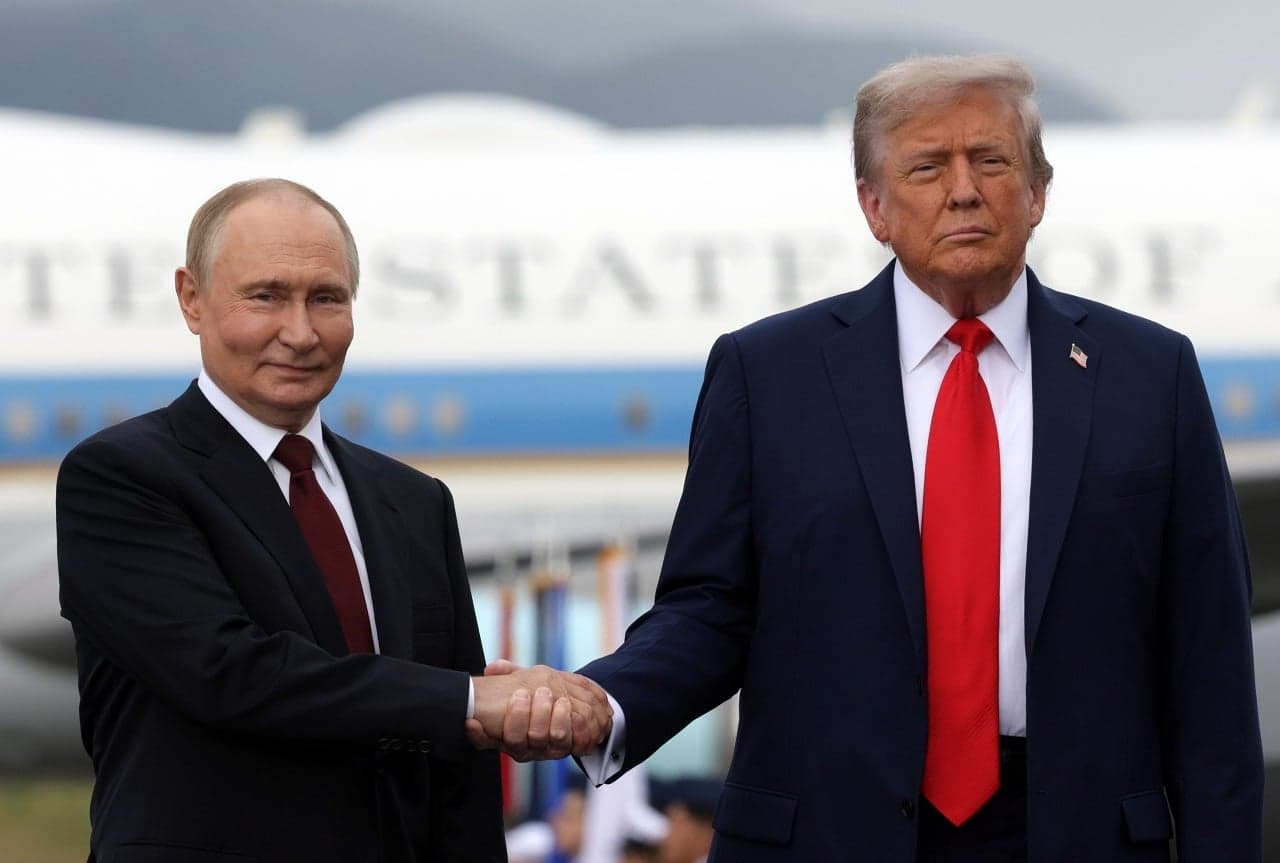
US President Donald Trump revealed on Monday that he recently spoke with Russian President Vladimir Putin following last week’s White House summit with Ukrainian President Volodymyr Zelenskyy and European leaders.
“I believe we will end the war,” Trump stated, offering no further details. Trump’s ambition to host new direct talks between Putin and Zelenskyy, however, appears stalled.
“They don’t like each other,” Trump admitted when pressed about the prospect of a face-to-face meeting.
Reflections on Alaska meeting between Trump-Putin and
Trump met Putin in Alaska on August 15, a move Zelenskyy criticized as a symbolic “victory” for the Russian leader given the venue on US soil. The US president described his discussions with Putin as “good,” though he voiced frustration that violence continued shortly after their talks.
“All my conversations with him were positive, but the next day a bomb would hit Kyiv or somewhere else—and that angers me,” Trump remarked. He further disclosed that the dialogue touched on nuclear disarmament, with plans to include China in future negotiations.
Rubio engages allies on diplomacy
Meanwhile, US Secretary of State Marco Rubio held consultations on Sunday with counterparts from Ukraine, France, Germany, the United Kingdom, Italy, Finland, and the European Union.
According to a State Department statement, the officials “agreed to continue their close cooperation in diplomatic efforts aimed at ending the war.” The outreach reflects Washington’s bid to sustain momentum in multilateral channels, even as direct US-Russia engagement faces skepticism.
Ukraine calls for binding security guarantees
Ukrainian Foreign Minister Andrii Sybiha welcomed Rubio’s initiative and expressed gratitude to Trump for “his leadership in peace efforts.” Writing on X, Sybiha stressed that security guarantees for Kyiv remain essential.
“These guarantees must be specific, legally binding, and effective,” he noted, emphasizing a comprehensive framework spanning military, diplomatic, and legal dimensions.
He added that Ukraine’s armed forces remain the cornerstone of any such guarantees, underscoring the country’s priority to maximizing its defense capabilities.
Balancing diplomacy and realities on the ground
Trump’s push for peace, coupled with allied coordination and Ukraine’s insistence on firm commitments, highlights both the urgency and complexity of negotiating an end to the conflict.
While Washington explores new diplomatic pathways, the stark divide between Moscow and Kyiv continues to cast uncertainty over prospects for a breakthrough.

